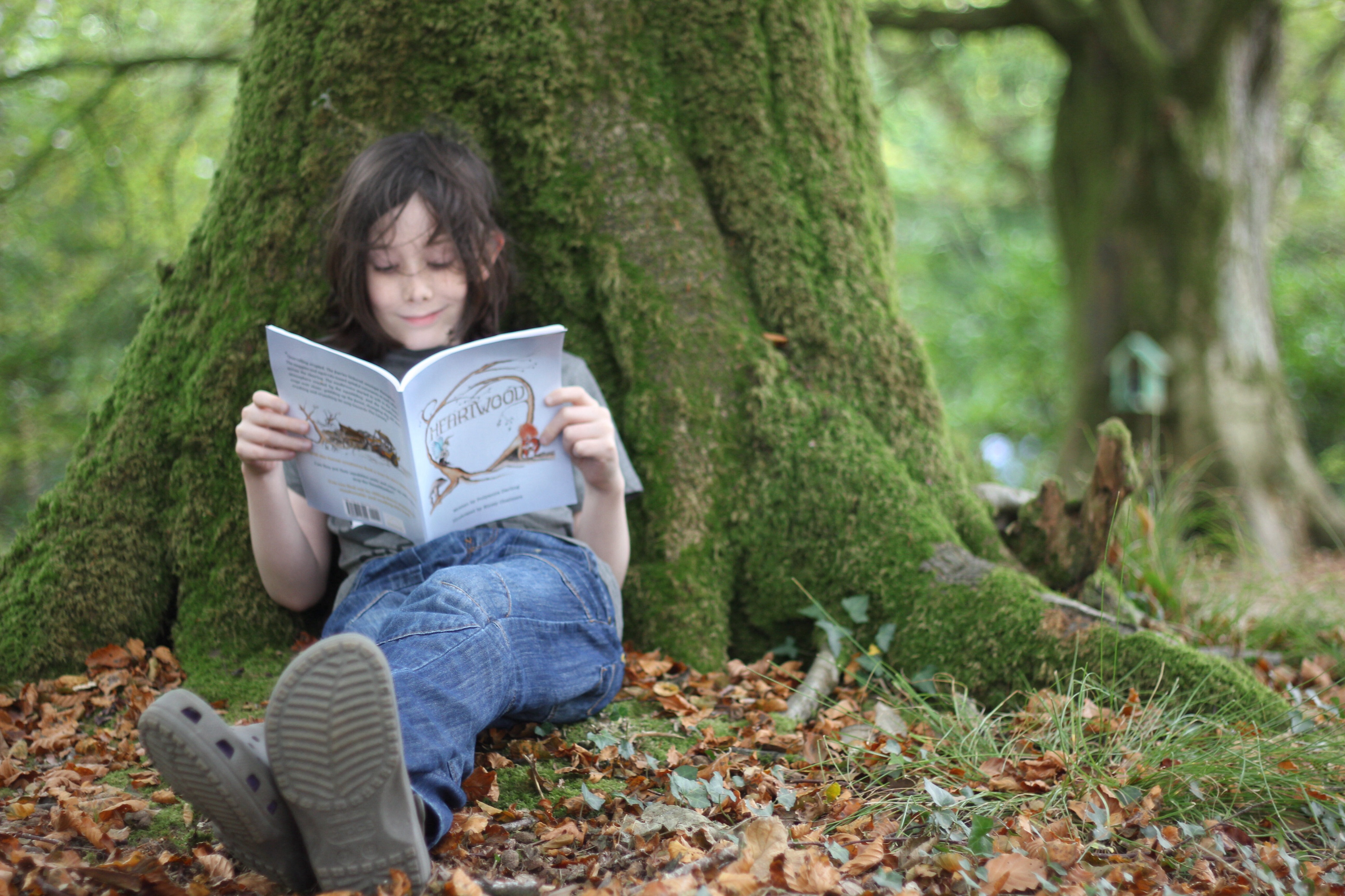Is your school acknowledging Mabo Day?
Here are some questions to discuss with students on Mabo day, and ways your school community can celebrate Mabo Day on June 3rd, the last weekday of Reconciliation Week which begins May 27th…

There’s a certain irony in the fact that at the heart of James Cook University in the north of Queensland, lies a library building named for Eddie Mabo.
Captain James Cook was the man who declared the land terra nullius when he arrived in Botany Bay in 1770 despite having seen Aboriginal people living there. By pronouncing the country uninhabited and belonging to ‘no one’, he was able to claim ownership for Britain, setting into motion a chain of events for Indigenous people, the effects of which are still felt today.
Two hundred years later, Eddie Mabo was the man who fought to have that declaration overturned.
What is Mabo Day and Reconciliation Week?
On June 3rd, 1992 the High Court of Australia handed down a decision overturning the false concept of terra nullius. As Michael Nayler, Secretariat Director of the Queensland Aboriginal and Torres Strait Islander Foundation explains: “the ruling on this case recognised in Australian law for the first time the rights of Aboriginal and Torres Strait Islander peoples to their lands based on their traditional connection to, and occupation of, their Country.”
The following year, the Native Title Act (1993) was passed, setting out a framework where Aboriginal and Torres Strait Islander people could claim native title over certain areas of land.
“Sadly, on 21 January 1992, nearly ten years after beginning his legal claim in the High Court of Australia, Eddie Koiki Mabo passed away from cancer aged just fifty-six. He passed away without knowing the legacy that his hard work left behind,” Michael Nayler says.
In 2008, the library in the middle of the JCU campus where Eddie would often study, was renamed in his honour, and in 2022 as Australia celebrates the 30th anniversary of the landmark decision Michael Nayler says: ‘we join with all Australians to recognise Eddie Mabo’s fight for justice and to say thank you for his inspirational leadership, resilience and deep connection with his cultural heritage.”
Reconciliation Week is always held from May 27th to June 3rd and in 2022 the theme is Be Brave. Make Change.
Bookending the week are two significant dates: May 27th for the 1967 referendum in which over 90% of Australians voted to include Aboriginal and Torres Strait Islander people in the Census, and June 3rd, Mabo Day.
Who was Eddie Mabo?
Michael Nayler says “Eddie Koiki Mabo will always be remembered as a true Australian hero, a fighter for justice and an extremely proud Torres Strait Islander. His contribution in defeating the false claim that Australia was terra nullius or no-one’s land before the arrival of Captain Cook is one of the greatest contributions by any Australian, Indigenous or non-Indigenous.”
Born on the Island of Mer in the Torres Strait, Eddie Mabo was working as a gardener at James Cook University in the 1970s when he discovered that the land he always had thought of as belonging to himself and his ancestors, was actually owned by the Commonwealth of Australia, thanks to Cook’s claim.
In 1981, Mabo was invited to speak at a Land Rights conference about the Mer land inheritance system. Melbourne based lawyer, Barbara Hocking was also there, arguing that there needed to be a test case in the courts to claim land rights.
The rest, as they say, was history.
What was the court case about?
The case, Mabo vs The State of Queensland, went all the way to the High Court and fought to overturn the claim of terra nullius. The outcome wouldn’t just affect Mabo and the other Meriam people he was working with, but would have implications for all Indigenous people and their ability to claim land rights.
Over the decade the case was being debated, there was plenty of opposition from the pastoral and mining sectors as well as those who were paranoid their homes and backyards would be targeted by land claims.
Questions to discuss with students on Mabo Day
The British policy towards Australia stood in stark contrast to how it dealt with colonisation in Africa, North America and New Zealand, none of which were claimed to be terra nullius, and in all, prior ownership of the land was recognised. Britain had been purchasing land in Africa and from the North American Indians for many years prior to Cook setting sail to the southern continent.
Why do you think Cook acted differently in the case of Australia?
How important is the perceived distinction in value between a nomadic and agricultural way of life in the British decision? Why is the persistent idea that Aboriginal people did not manage the land or pursue agricultural methods false? [Hint: if you only do one activity with students, this video is a great place to start: How Aboriginal Australians Made Australia – YouTube]
If Australia had been settled by small groups of colonists and settlers rather than the government and military seeking to set up penal establishments, do you think the outcome would have been any different?
What has been the lasting impact of the declaration or not of terra nullius on attitudes towards traditional owners in Africa, Australia, America, and New Zealand?
Ways to celebrate with your students
The Queensland Aboriginal and Torres Strait Islander Foundation provides a page that shares ideas and celebrations seen at schools across the state, such as Sea of Hands, Deadly Doors, handprints and Paper Flowers. Many present students a way to share messages and wishes, and provide a strong visual reminder of the healing power when entire communities get together as a sign of reconciliation.
On a class or individual level, they also share a number of challenges, videos and quizzes that teach students traditional games, about landmarks and cultural burning, how to make Aboriginal and Torres Strait Islander meals and snacks and more.
Reconciliation Week is Friday 27th May to Friday 3rd June, 2022.
Mabo Day is Friday 3rd, June 2022.
Useful sites:
Reconciliation Australia About – National Reconciliation Week 2022
Remembering Eddie Mabo, a short video directed and animated by Aboriginal artist Jake Duczynski by Remembering Mabo – YouTube
School celebration ideas, QATSIF Ideas for school celebrations — QATSIF
Student challenges, QATSIF QATSIF Student Challenges — QATSIF
Cultural Inclusions, leaders in cultural awareness, education and support Cultural Inclusion | (culturalinclusions.com.au)







